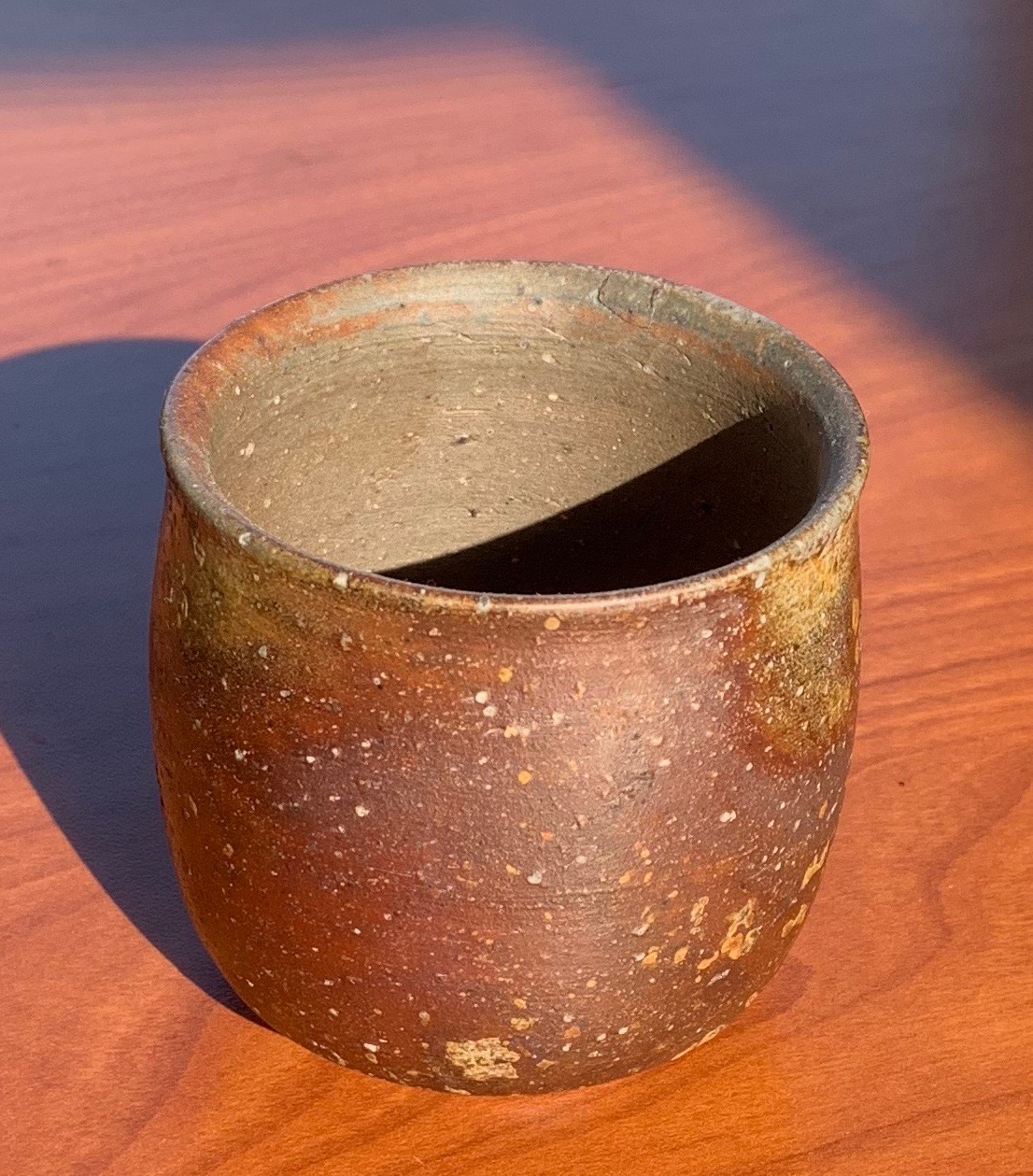
By Rev. Noriaki Fujimori
How do you view coincidences? Is life going according to plan? Is life different than you imagined? Have unexpected events shaped your life?
Looking back, my life is based on many coincidences. For instance, I never planned to live in Hawaii. I never thought I’d work at Palolo Hongwanji. I’m grateful to be here, but never planned it. There are other strange coincidences.
Higashi Honganji headquarters in Kyoto first assigned me to Hilo Higashi Hongwanji, but temple board members must have noticed my mischievous nature or somehow were afraid of me. Within a day, I had to leave. Sometimes I wonder what would’ve happened if I stayed.
Later, I visited Waimea Higashi Hongwanji, a little temple on Kauai island, which was without a minister for four years. When I arrived, an elderly member shed tears, saying, “Thank you for becoming our minister.” I gladly accepted the position. If not for those tears, I wonder what would’ve happened to me.
Later, a hurricane hit Kauai and destroyed the temple. We worked hard to rebuild it. I stayed in Kauai for 20 years without being fired, probably because no other ministers wanted to go there. Think of it—20 years without being fired. Amazing. What if there was no hurricane? What a coincidence.
Based on my experience, I think coincidences—unexpected encounters—enrich life. If in a rut, dried up and hopeless, coincidences may revitalize one’s career or lead to other successes. From a Buddhist view, unexpected encounters can lead to a greater awareness that transcends the emptiness of daily life.
Everyone must have stories about strange coincidences or unexpected encounters. Come to think of it, novels are created from unusual encounters and coincidences. Writers show us the value of these coincidences, raising our awareness about how life works. Mysteries probably are the ultimate in coincidences. Agatha Christie, “Queen of Mystery” writers, said: “Any coincidence is worth noticing. You can throw it away later if it is only a coincidence.”
In these coronavirus times, people long for their pre-pandemic lives. They want to “return to normal.” Politicians promise the same. Should we really return to the pre-pandemic world? To me, encountering the coronavirus is a “wakeup call” to create a new story for our lives.
According to the Jodo Shinshu classic text, Tannisho (A Record in Lament of Divergences), which presents Shinran Shonin’s teachings : “We can never be born in an awakened world through our usual way of thinking.” (Chapter 16)
This means spiritual awakening means not returning to our usual ways, in other words, our pre-pandemic lives. It means, “Break away from my normal thinking!” Transcend the mind that assumes what we think is true. Learn from our unwanted encounters with the pandemic. Discover a fresh new life that connects our environment with oneself.
Japanese philosopher Shuzo Kuki (1881-1941) wrote about coincidences in his book, “The Problem of Contingency,” also called “The Problem of the Accidental.” He explored the connection between coincidence and art. You can see important implications in his analysis that relate to art, and by extension, climate change and our unintentional and coincidental encounter with the coronavirus. Kuki wrote:
“It is worth considering the importance of Contingency in the appreciation of Eastern ceramics. In the production of pottery, the fire in the kiln takes part in the process with a certain degree of independence from the intention of the artist. This causes distortions in the shape and oozes flavor into the colors. The so-called kiln change is nothing but an accident of artistic beauty and natural beauty.”
Kuki shows how pottery is a way of re-discovering beauty created by nature, through a process that’s beyond human control. From this perspective, our “art” today, which for me, implies “our lifestyle,” is created and controlled by mankind solely for the benefit mankind, or “me.” Our lifestyle exploits natural resources, hurts the environment, results in climate change, and arguably, created this pandemic.
We’ve been given a crucial opportunity to correct our views, re-prioritize our thinking, overhaul our lifestyle and change the way we live that’s more in harmony with our environment and nature.
In explaining the importance of coincidence, Kuki cited Indian Buddhist master Vasubandhu (4th century C.E.), explaining that unexpected, and even unwanted, occurrences are encounters with the “power of the enlightened world.” This is the Buddha’s world, showing us life flowing from beyond oneself, that is, beyond human control. With this understanding, these encounters can make us feel alive, although the feeling could be good or bad, or even cause us trouble.
Our everyday mind desires all good experiences and no bad experiences, which is impossible to attain. We live in a world where we can’t help but encounter the unintended, unwanted and unpredictable. Through such experiences, the enlightened mind can engage and connect to the world, listen and learn from it, and live in harmony with it.
This kind of attitude ensures our encounter with the pandemic is not in vain. Now is not the time to “return to our normal way of living.” Now is the time to change how we think, how we consume, work and play, treat the environment and each other. It’s an opportunity to live in greater harmony by changing our lives, our communities, our country, and our world.
-Rev. Fujimori is minister at Palolo Higashi Hongwanji in Hawaii
Other stories by Rev. Fujimori :

